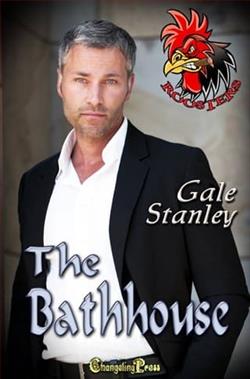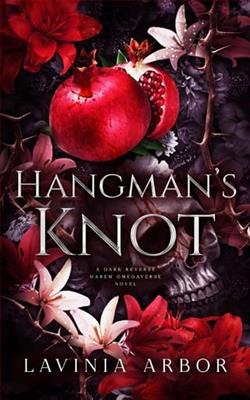Page 245 of The Armor of Light
‘Something like that.’
‘It’s a long way.’
‘All the same, I’m wondering whether to cancel my trip.’
‘The road to Paris is not exactly open to all comers. There are units of the French army who could bar the way.’
Amos nodded. The French army was now at the service of the new king, in theory at least, and would be ordered to defend the country against Bonaparte. ‘Yes,’ he said. ‘From Paris to Antwerp is another couple of hundred miles. And the Netherlands are now defended by British and Prussian armies. So...’
‘The danger of Napoleon getting as far as Antwerp seems small.’
‘And my consignment is big, so I’m reluctant to let it go unsupervised. Plus I want to shake the hands of my customers there. Business is so much easier when you’ve seen one another’s faces.’
‘So what will you do?’
‘I still haven’t decided. I mean, how much blue merino cloth is my life worth?’
Rupe sighed. ‘This bloody war,’ he said. ‘Twenty-two years now and it’s still not really over. For most of our adult lives it’s plagued our business. Plus we’ve had bread riots and machine-breaking and laws that make it a crime to criticize the government. And what have we gained?’
‘I suppose the government would say we’ve prevented Europe being turned into a French empire.’
‘Except that we haven’t,’ said Rupe. ‘Not yet.’
*
The residents of Madame Delacroix’s boarding house studied the newspapers anxiously, translating with her help. Provence and the south-west of France were royalist, against the revolution and hostile to Napoleon. Spade presumed that was why he clung to the eastern border, marching north from Cannes on icy mountain roads.Nonetheless, many commentators said he would be stopped as soon as he encountered the French national army.
The newspapers reported that in six days he had reached Grenoble, which was about twelve days from Paris. But news took four days to reach the capital, so Napoleon must now be eight days away.
And the news from Grenoble was bad.
Napoleon and his growing army had been confronted outside the town of Laffrey, not far from Grenoble, by a battalion of the 5th Regiment of the Line. Napoleon’s force was outnumbered by that of the government. This should have been the end of his comeback.
Apparently he had stepped away from his men and walked, alone and fearless, towards the armed ranks of the regiment that was there to stop him.
According to the newspaper report – which might have been somewhat dramatized – Napoleon threw open his famous grey coat, pointed to his heart, and said: ‘Well, men, do you want to kill your emperor?’
No one fired.
One of the soldiers of the 5th shouted: ‘Vive l’empereur!Long live the emperor!’
The cheer was repeated, and the men threw away their white Bourbon cockades – representing King Louis XVIII – and embraced Napoleon’s men.
Then the regiment changed sides and marched with Napoleon.
Spade said to Arabella: ‘Until now it’s just been peasants and the National Guard, but this is the first time soldiers of the regular army have gone over to him. It’s a big change.’
The same thing happened at the next town, Vizille, where the 7th Line Regiment defected to Napoleon. Then at the city of Grenoble he was welcomed like a conquering hero.
‘Oh, shit,’ said Spade, as these details became incontrovertibly clear; and he went out and booked three seats on a stagecoach to Brussels.
He was asked to pay ten times the usual price, and he did so without hesitation. They left the following morning at daybreak.
On 20 March, in the early hours of the morning, Louis XVIII fled Paris.
A few hours later Napoleon entered the capital unopposed.
39















